The beginning of Canadian cultural nationalism was not 'Am I really that oppressed?' But 'Am I really that boring?
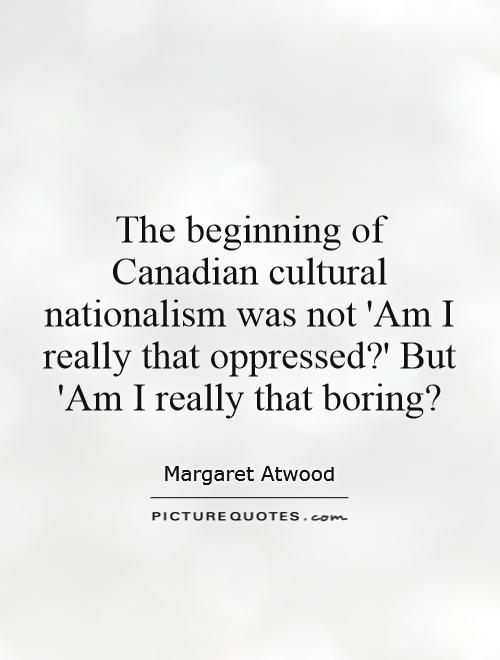
The beginning of Canadian cultural nationalism was not 'Am I really that oppressed?' But 'Am I really that boring?
Margaret Atwood, one of Canada's most celebrated authors, has long been a champion of Canadian cultural nationalism. Throughout her career, she has explored themes of identity, power, and oppression in her writing, challenging readers to question the status quo and consider the ways in which their own experiences are shaped by larger cultural forces. In this context, the quote "The beginning of Canadian cultural nationalism was not 'Am I really that oppressed?' But 'Am I really that boring?'" takes on a new significance.Atwood's work often delves into the complexities of Canadian identity, examining the ways in which the country's history, geography, and politics have shaped its cultural landscape. In doing so, she challenges the notion that Canadian culture is inherently dull or uninteresting, instead highlighting the richness and diversity of the country's artistic traditions. By asking whether Canadians are truly as boring as they are often portrayed, Atwood encourages her readers to reconsider their assumptions about their own culture and to take pride in its unique contributions to the world.
Moreover, Atwood's focus on the question of boredom also speaks to a broader concern with the ways in which power operates within society. In many of her works, she explores the ways in which individuals are constrained by social norms and expectations, and the ways in which these constraints can limit their ability to express themselves fully. By questioning whether Canadians are truly as boring as they are often made out to be, Atwood invites her readers to consider the ways in which their own identities are shaped by larger cultural forces, and to challenge the narratives that seek to define them.

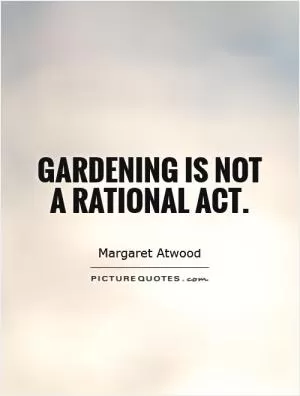
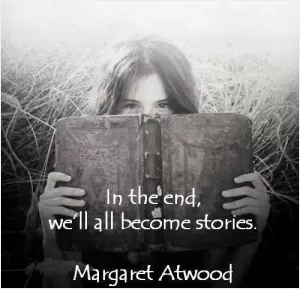
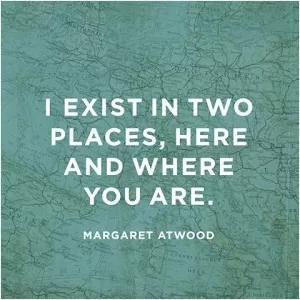




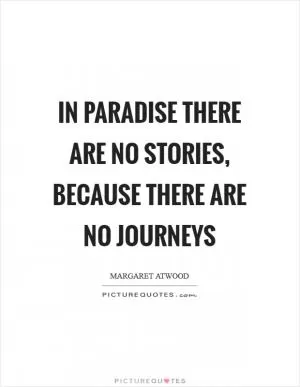
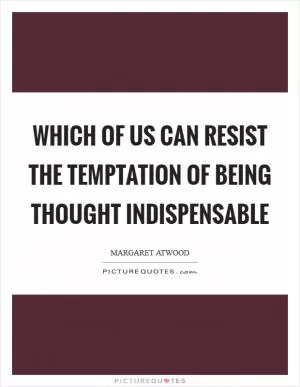

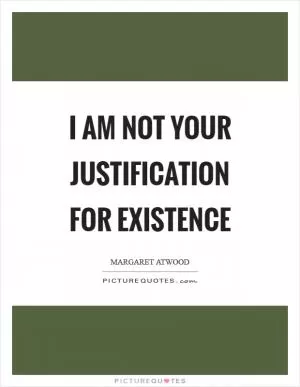
 Friendship Quotes
Friendship Quotes Love Quotes
Love Quotes Life Quotes
Life Quotes Funny Quotes
Funny Quotes Motivational Quotes
Motivational Quotes Inspirational Quotes
Inspirational Quotes